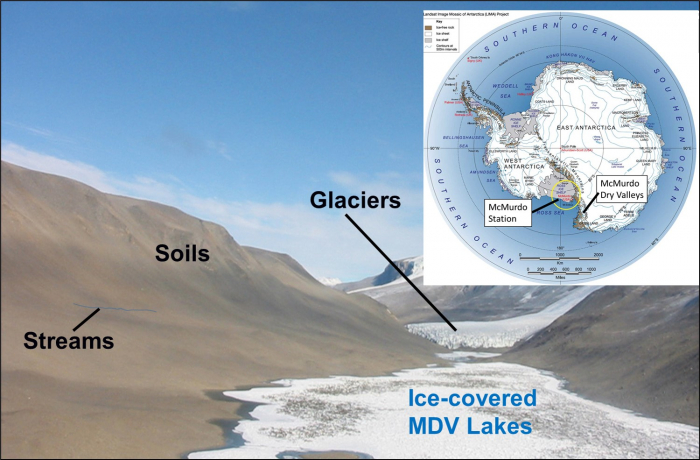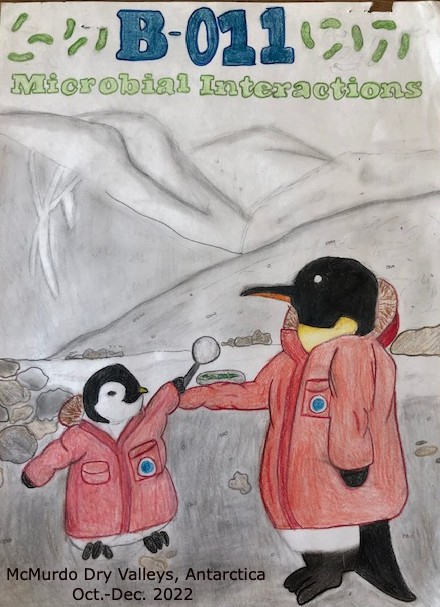Learning new things is HARD! I have been plunged into the uncomfortable role of a learner since I don't know as much science as the people around me. I have to ask for help to understand stuff, I need to be corrected sometimes. It's very humbling and makes me wonder how often my students feel this way.
But how do scientists learn?
The answer that seems obvious is that scientists do research and make discoveries. The less obvious answer is is that they learn from each other! For example, as I write, I'm at the coolest science conference ever:
It's for the Long Term Ecological Research (LTER) network. The LTER network is a group of about 500 scientists who work at 28 field sites, mostly in the United States. The McMurdo Dry Valleys LTER (MCM(abbreviation) McMurdo Station LTER) is the site that my team works with. At each site, teams of scientists intensively investigate ecological questions over long periods of time- decades! Some examples of MCM(abbreviation) McMurdo Station LTER questions:
- How are lakes responding to increased temperatures?
- How are microbes in the lakes responding to abiotic factors?
- How many microbes are in the soils and how is that changing over time?

So here in Monterey, scientists have been meeting in different groups to share their hypotheses and findings, to learn from each other, and plot their next areas of investigations. They give talks, share posters, and lead discussions. Making a new discovery is amazing, but science only grows if scientists share their work. We also got a chance to see each other, because these collaborations often happen between people who live far away from each other. So, we went out to dinner, and walked on the beach here in Monterey.
So here's me, reporting to you about a small fraction of what I've discovered
- That there's this amazing network of scientists investigating communities from the coast of Maine, to forests in Alaska.
- That my smaller science team, B-011 is nestled into the much larger LTER team, and the science is highly collaborative.
- And as an aside, I learned from an LTER team in Oregon that skunks WILL still spray even if their tails are not up. They did NOT tell me how they learned that- I inferred.



Comments